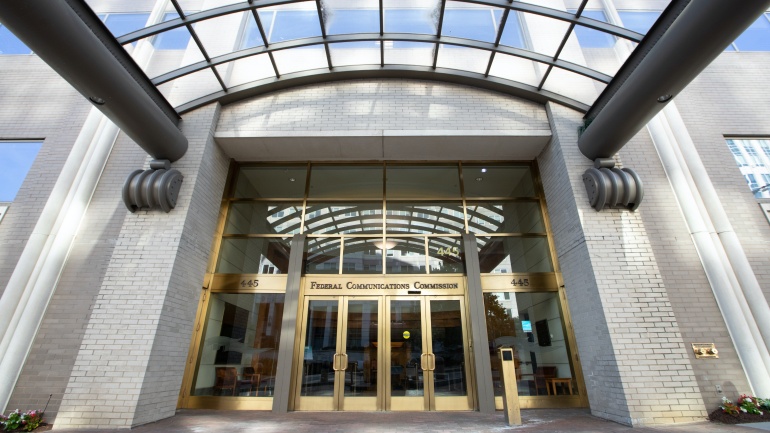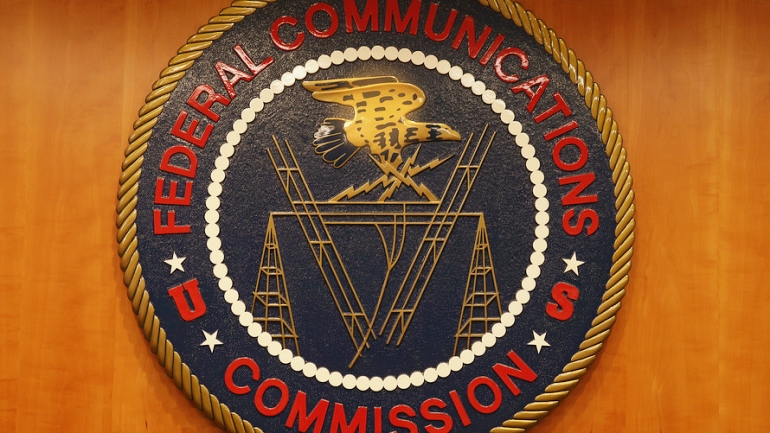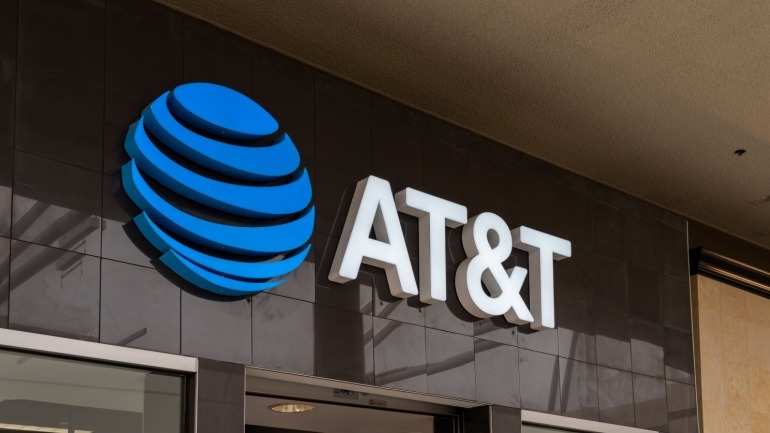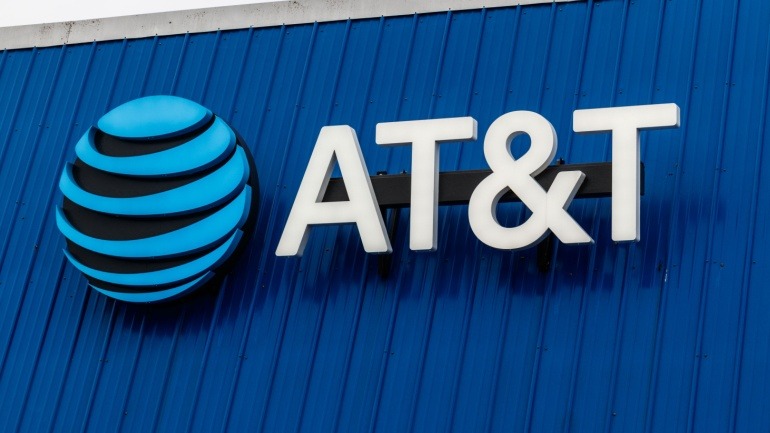The Federal Communications Commission got a settlement from four firms in relation to emergency calling standards that were not delivered in 2020. The federal prosecution focused on the four corporations involved in the 911 calls, namely Verizon, AT&T, Intrado, and Lumen Technologies, and their inability to fulfill 911 call delivery commitments. Verizon has agreed to pay $274,000 to settle an inquiry into an outage that occurred on May 7, 2020. The other inquiries were all centered around outages on September 28, 2020. With its $460,000 payment, AT&T will resolve two investigations, while Lumen and Intrado will pay $3.8 million and $1.75 million, respectively. The massive payout demonstrates the corporations’ willingness to accept responsibility for their failure to effectively accommodate emergency calls. Each firm has also promised to put in place a compliance strategy. Within 90 days of the consent decree’s effective date, each carrier must examine and adjust…
The United States Federal Communications Commission (FCC) has announced that it will fund new broadband rollouts across the country through the Rural Digital Opportunity Fund (RDOF). The FCC has announced its readiness to give the green light to more than $311 million in funding for the provision of broadband in 36 states. A total of 48 providers have been authorized for funding, and the FCC has noted that this financing will help nearly 200,000 homes and businesses in 36 states get access to gigabit speeds over the next ten years. Companies on that list include 3E8 Broadband Solutions, 4-County Fiber LLC, Aeneas Communications, Allen’s TV Cable Service Inc., Cincinnati Bell, Consolidated Communications, Cox Communications and more. Additionally, the FCC has issued a statement about its steps to increase oversight in the RDOF program. The Commission has stated that it will not approve of any service provider participating in…
The United States Federal Communications Commission (FCC) has announced that, in reference to the recommendations of the Cloud Communications Alliance (CCA), the Secure Telephone Identity Governance Authority (STI-GA), a group supporting the timely deployment of STIR/SHAKEN protocol, has altered the requirements in their robocall prevention policy. Initially, the STI-GA policy required that only an entity with direct access to telephone numbers could partake in the framework, that must be implemented by all voice service providers. However, the CCA claimed that this specification puts service providers at a significant disadvantage. Therefore, the FCC has announced that the policy change will allow CCA members to take advantage of STIR/SHAKEN through the FCC’s Robocall Mitigation Database. Until then, the current Service Provider Code (SPC access key) access policy will remain in effect, said the FCC. This important reconsideration will allow all CCA members to implement the STIR/SHAKEN protocol and make sure…
Amazon, the multinational technology company, has received the approval from America‘s Federal Communications Commission (FCC) to deploy 3,236 internet satellites into low Earth orbit (LEO) and to provide the US with satellite-based broadband services. The project, named Kuiper, was first announced last spring with the intent to build a LEO satellite constellation that would have the potential to provide cost-effective broadband services to unserved and underserved communities around the world. A project of this magnitude requires a great amount of resources, therefore Amazon will invest more than $10 billion in the project. This investment will not only provide broadband services, but will also create workplaces and infrastructure around the United States. Dave Limp, senior VP at Amazon, commented: “There are still too many places where broadband access is unreliable or where it doesn’t exist at all. Kuiper will change that. Our $10 billion investment will create jobs and…
The Federal Communications Commission (FCC) has announced the adoption of new rules banning malicious caller ID spoofing of text messages and foreign robocalls. The new regulations will allow the US federal government to carry out enforcement action against foreign businesses involved in deliberate spoofing, thus closing “a loophole in the law that prevented the agency from pursuing scammers sending spoofed text messages and international fraudsters making spoofed calls to Americans.” According to the announcement, this resolution is the further implementation of amendments to the Truth in Caller ID Act of 2009 that “prohibits anyone from causing a caller ID service to knowingly transmit misleading or inaccurate caller ID information (“spoofing”) with the intent to defraud, cause harm, or wrongly obtain anything of value.” These rules have been put in place to counteract scammers operating in overseas call centers who often pretend to be calling from reliable companies. They use…
2025 marked a transformative era for the Test and Measurement sector, with groundbreaking advancements from orbital data centers to photonic AI satellites. A crucial highlight was Vodafone’s collaboration for 5G SA networks, enhancing telecom with automated software. Emerging markets like AI data centers and satellite communications experienced a notable focus shift.
AT&T’s recent shutdown of its DEI initiatives aims to gain a crucial spectrum deal with UScellular. By acquiring key spectrum bands, AT&T intends to strengthen its competitiveness in the mobile market. This step echoes a broader industry trend, as telecoms prioritize business expansion over diversity commitments, stirring contentious debates.
In a surprising twist, EchoStar has reached a groundbreaking agreement with SpaceX to sell its AWS-3 spectrum licenses for $2.6 billion in stock. As SpaceX acquires these frequencies, the deal boosts its plans to offer direct-to-device services. This development aligns with EchoStar’s strategy to offload spectrum, creating potential VoIP opportunities by possibly enhancing SpaceX’s connectivity solutions in consumer and enterprise markets. Speculation is rampant regarding SpaceX leveraging this acquisition to expand into the cellular market, potentially positioning itself as a significant player. The integration of spectrum with satellite technology further intensifies competition and could revolutionize VoIP services.
AT&T exceeded expectations in the second quarter, gaining over 400,000 postpaid phone subscribers while outpacing Verizon. The company plans major fiber expansion, retiring copper networks and investing billions to reach 60 million locations by 2030, aiming to sustain long term growth and financial stability.
The DOJ has approved T-Mobile’s $4.4 billion acquisition of UScellular’s wireless business, citing limited competition risks despite market concerns. UScellular’s declining performance and lack of scale were key factors. While critics question the deal’s long-term impact and the viability of a fourth national carrier, the FCC maintains jurisdiction over spectrum sales.













